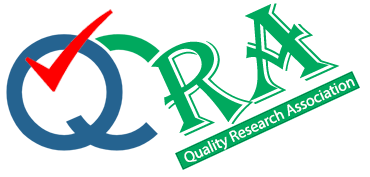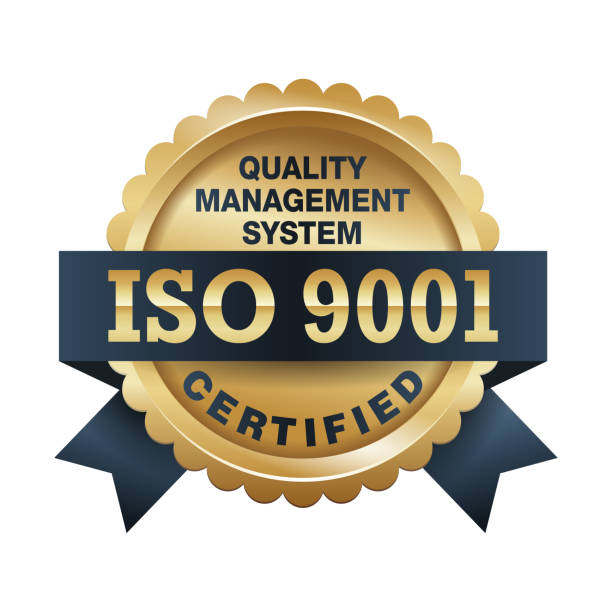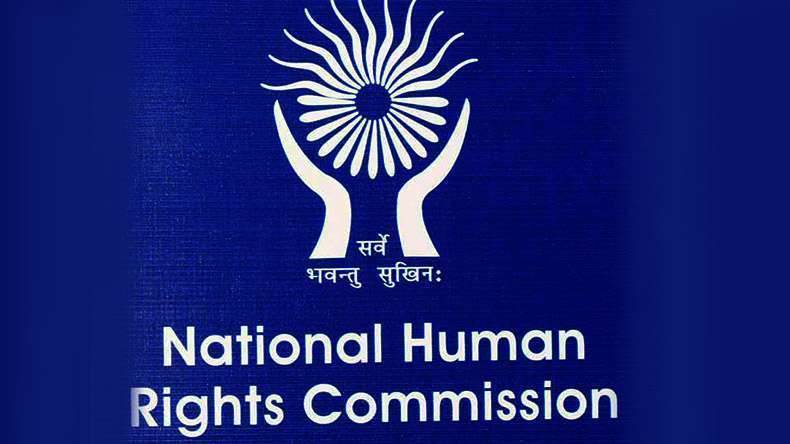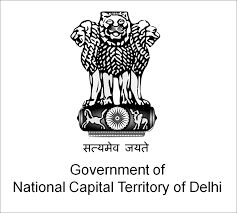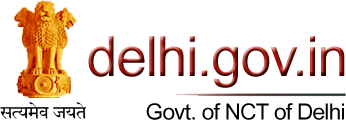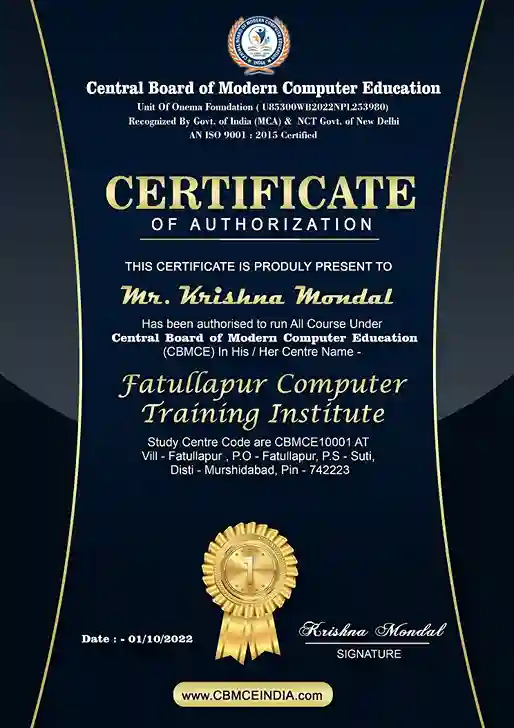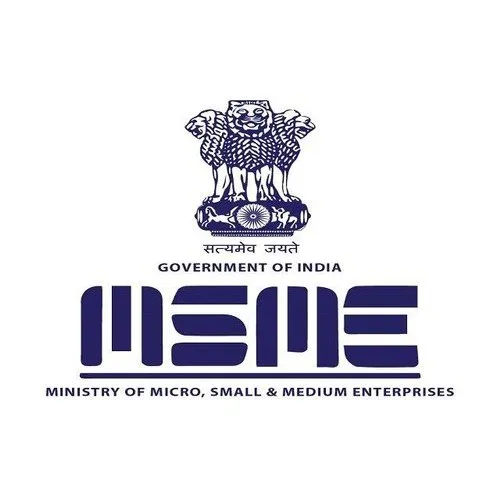Digital Marketing: Importance, Topics Covered, Tools, and Common Questions
Importance of Learning Digital Marketing:
- High Demand for Digital Marketers: Almost every business needs a digital presence, and companies are actively looking for skilled digital marketers.
- Cost-Effective Marketing: It is cheaper than traditional marketing and provides better ROI.
- Reach a Wider Audience: You can target local, national, and global audiences.
- Better Career Opportunities: With digital marketing skills, there are opportunities in many fields like social media, content creation, SEO, PPC, etc.
- Flexible Working Options: Many digital marketing roles allow for freelance or remote work.
- Trackable & Measurable Results: You can analyze data, track campaigns, and optimize your strategies in real-time.
Topics Covered in Digital Marketing:
- SEO (Search Engine Optimization): Improve website visibility in search engines.
- Social Media Marketing: Promote brands via social platforms like Facebook, Instagram, LinkedIn, etc.
- Content Marketing: Creating valuable content to engage customers.
- Email Marketing: Sending targeted emails to drive engagement.
- Pay-Per-Click (PPC) Advertising: Paid advertisements that appear on search engines.
- Affiliate Marketing: Promoting others' products and earning commissions.
- Analytics & Reporting: Using data tools to track marketing performance.
- Website Designing: Basics of creating and managing websites.
- Influencer Marketing: Collaborating with influencers to promote products.
- Mobile Marketing: Marketing on mobile apps and devices.
Software Covered in Digital Marketing Courses:
- Google Analytics: Track and report website traffic.
- Google Ads: Create and manage ads on Google.
- Facebook Ads Manager: Manage advertisements on Facebook.
- WordPress: Website creation platform.
- Hootsuite: Social media management tool.
- Mailchimp: Email marketing software.
- SEMrush: SEO tool for keyword research, tracking, etc.
- Canva: Graphic design software for creating marketing visuals.
- Moz: SEO tool for website optimization.
- HubSpot: Marketing automation software.
Duration of Digital Marketing Course:
- Basic Courses: 3-6 months
- Advanced Courses: 6-12 months
- Certifications: Vary depending on the platform (weeks to months)
50 Digital Marketing Questions and Answers (Easy English):
-
What is digital marketing?
- Digital marketing is promoting products or services using the internet and online tools.
-
What is SEO?
- SEO means optimizing your website to rank higher in search engine results.
-
Why is digital marketing important?
- It helps reach a large audience at a low cost, and it's easier to track results.
-
What does PPC stand for?
- PPC stands for Pay-Per-Click, a model where advertisers pay each time someone clicks their ad.
-
What is a keyword?
- A keyword is a word or phrase people use to search for information online.
-
What is Google Analytics used for?
- Google Analytics tracks and reports website traffic.
-
What is content marketing?
- Content marketing involves creating valuable content to attract and engage an audience.
-
What is social media marketing?
- It involves promoting products through social media platforms like Facebook, Instagram, etc.
-
What is a landing page?
- A landing page is a webpage designed for a specific marketing campaign.
-
What is bounce rate?
- Bounce rate is the percentage of visitors who leave a website without interacting with it.
-
What is affiliate marketing?
- It is promoting other people's products and earning a commission for each sale.
-
What is remarketing?
- Remarketing shows ads to people who have already visited your website.
-
What is an email campaign?
- It is sending promotional or informative emails to a targeted list of people.
-
What is influencer marketing?
- Influencer marketing involves collaborating with influential people to promote your product.
-
What is an organic search?
- Organic search refers to unpaid search engine results.
-
What is a CTA?
- CTA stands for Call to Action, encouraging people to take a specific action like "Buy Now."
-
What are backlinks?
- Backlinks are links from other websites that point to your website.
-
What is Google Ads?
- Google Ads is an online advertising platform where you can run ads on Google search and other websites.
-
What is conversion rate?
- Conversion rate is the percentage of visitors who complete a desired action, like making a purchase.
-
What is a marketing funnel?
- A marketing funnel describes the journey a customer goes through from awareness to purchase.
-
What is a target audience?
- A target audience is the specific group of people you aim to reach with your marketing.
-
What is a blog?
- A blog is a regularly updated website with articles, videos, or other content.
-
What is mobile marketing?
- Mobile marketing is promoting products on mobile apps, games, and websites.
-
What is conversion tracking?
- Conversion tracking measures how well your ads or campaigns lead to specific actions (like sales).
-
What is CPM?
- CPM stands for Cost Per Thousand Impressions, meaning you pay for every 1,000 times your ad is shown.
-
What is SEM?
- SEM stands for Search Engine Marketing, including both paid and organic search marketing strategies.
-
What is influencer marketing?
- It is collaborating with influencers to promote a product or service.
-
What is Google My Business?
- Google My Business helps businesses appear in Google Search and Maps.
-
What is an SEO audit?
- An SEO audit reviews a website's search engine optimization to improve its ranking.
-
What is click-through rate (CTR)?
- CTR is the percentage of people who click on an ad after seeing it.
-
What is keyword stuffing?
- Keyword stuffing is overloading a webpage with keywords to rank higher on search engines (not recommended).
-
What is lead generation?
- Lead generation involves attracting potential customers and getting their contact details.
-
What is a viral campaign?
- A viral campaign spreads rapidly online through social sharing.
-
What is local SEO?
- Local SEO optimizes your website to attract more local traffic.
-
What is black hat SEO?
- Black hat SEO uses unethical practices to improve search engine rankings.
-
What is white hat SEO?
- White hat SEO uses ethical methods to improve search engine rankings.
-
What is retargeting?
- Retargeting shows ads to people who have already interacted with your website or app.
-
What is UTM tracking?
- UTM tracking uses special codes to track where website traffic comes from.
-
What is content curation?
- Content curation involves collecting and sharing valuable content from other sources.
-
What is a heatmap?
- A heatmap shows where visitors are clicking and interacting most on your website.
-
What is a hashtag?
- A hashtag is a word or phrase preceded by the # symbol used to categorize social media content.
-
What is customer engagement?
- Customer engagement is the interaction between a customer and a brand through marketing efforts.
-
What is brand awareness?
- Brand awareness refers to how familiar people are with your brand.
-
What is page speed?
- Page speed refers to how fast a webpage loads.
-
What is user experience (UX)?
- UX refers to how easy and pleasant it is for people to interact with your website or app.
-
What is influencer marketing?
- Working with popular individuals to promote your product or brand.
-
What is programmatic advertising?
- It is the use of automated software to buy digital advertising space.
-
What is A/B testing?
- A/B testing involves comparing two versions of a webpage or ad to see which performs better.
-
What is link building?
- Link building is the process of acquiring backlinks from other websites to improve SEO.
-
What is Google Tag Manager?
- Google Tag Manager is a tool for managing and deploying marketing tags on your website.

